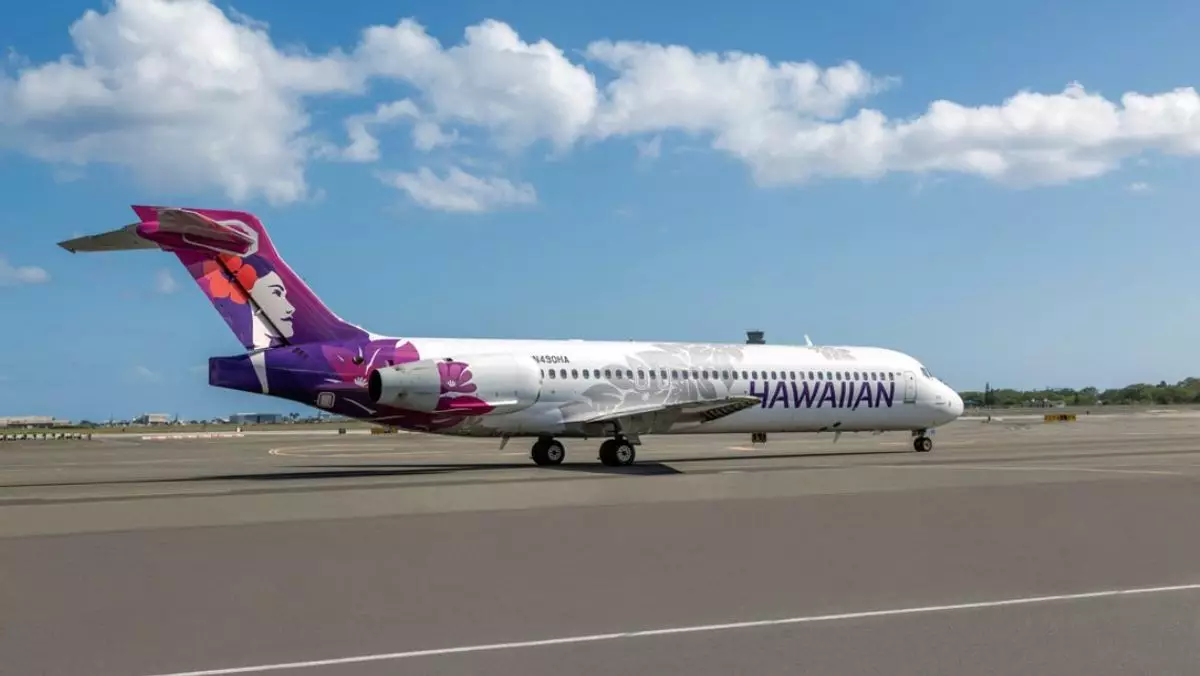Hawaiian Airlines recently stated in a court filing that they may need to stop all traditional GDS sales if the U.S. Department of Transportation goes ahead with its rule for airline fee disclosure on Oct. 30. This declaration, though, outlined a worst-case scenario for the airline if they are unable to comply with the DOT regulation.
Several airlines including Hawaiian, Alaska, American, Delta, JetBlue, and United, along with industry trade groups like Airlines for America, IATA, and the National Air Carrier Association, have filed a lawsuit against the DOT challenging the rule. They argue that the rule is arbitrary, exceeds the DOT’s authority, and will lead to cluttered search display screens that could confuse consumers.
One of the key concerns raised by the airlines is the technological constraints posed by legacy GDS systems like Edifact. Hawaiian Airlines’ managing director of distribution, Kristina Larson, highlighted that these systems may not be capable of presenting passenger-specific data as required by the DOT rule. This could lead to revenue loss for the airlines as consumers may no longer be able to book travel through these channels.
Larson mentioned that if the rule comes into effect as scheduled, Hawaiian Airlines would have to disable the legacy Edifact distribution standard to prevent distributing inaccurate content to third-party providers. This would result in millions of dollars in revenue loss per month. The airline would also have to incur costs to negotiate new contracts and upgrade technology to share passenger-specific information via New Distribution Capability (NDC).
While the DOT has denied a request by airlines to delay the implementation of the rule, arguing that it is in the best interest of consumers, the airline industry continues to express concerns about the financial and operational implications of the rule. Travel agencies, represented by ASTA, and GDSs and online travel agencies, represented by the Travel Technology Association, have also voiced their opposition to the rule.
The airline fee disclosure rule proposed by the U.S. Department of Transportation has sparked a contentious debate within the airline industry. While the DOT sees it as a measure to protect consumers and provide transparency in airfare pricing, airlines and other industry stakeholders are concerned about the financial burdens and technical challenges associated with implementing the rule. As the legal battle continues, the future of airline fee disclosure remains uncertain, with potentially significant implications for the way airfare is marketed and sold to consumers.

